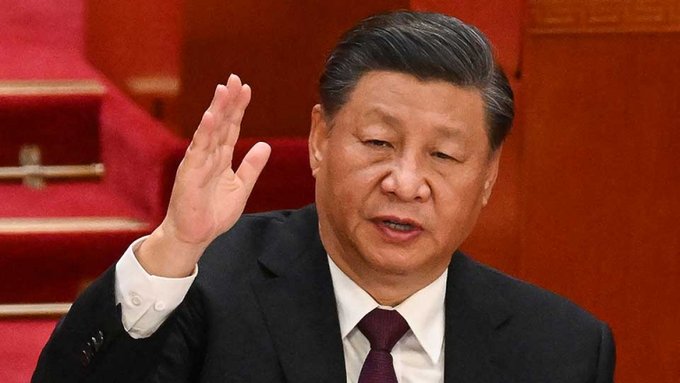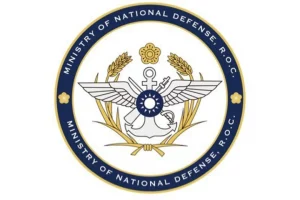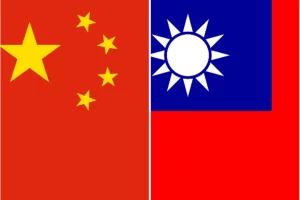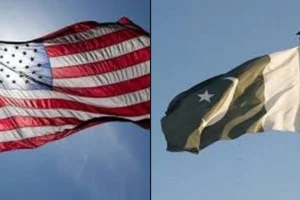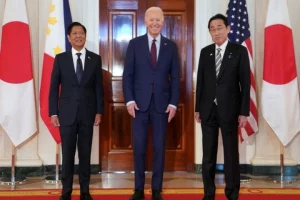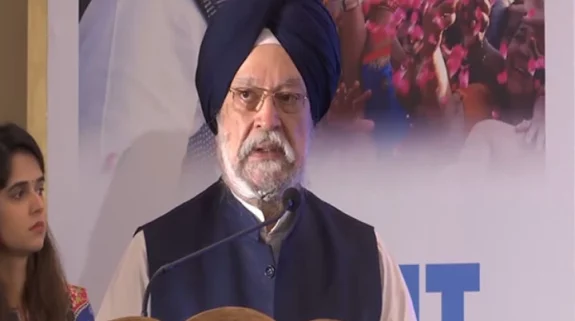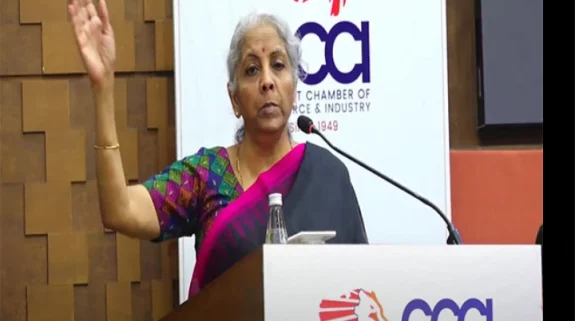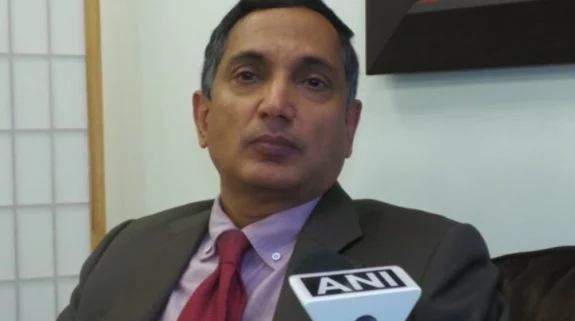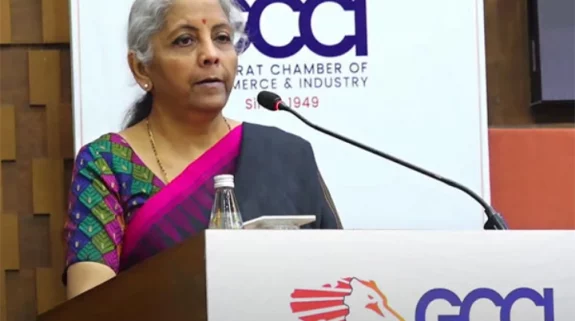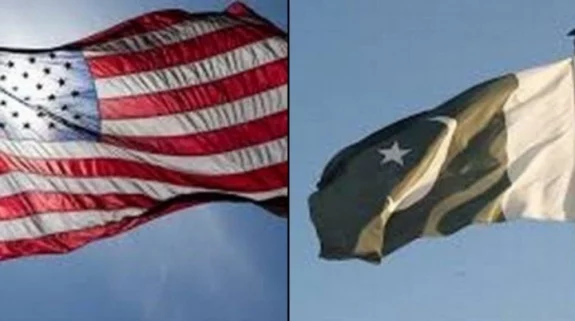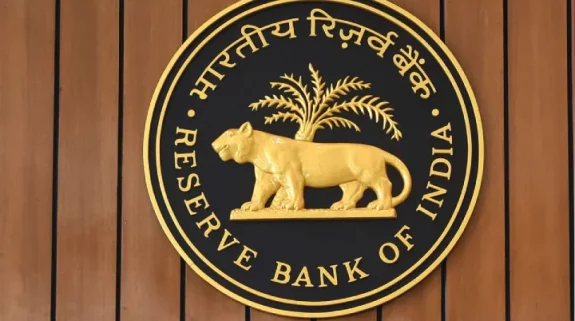On October 22, 2022, President Xi Jinping of the People’s Republic of China (PRC) predictably won his third term as the General Secretary of the Communist Party of China (CPC). After the elections Xi Jinping has emerged the most powerful leader because the seven member Standing Committee of the Politburo is filled with his own loyalists. By the 100th anniversary of the PRC in 2049, China is aspiring to lead the world in terms of ‘composite national strength and international influence”. This goal can be achieved with speedier material and technological advancements that can enhance the prosperity of the people within China and by establishing the dominant presence of China across all the major areas in the world. In this context, the Sino-African ties have assumed significance. Since the advent of Xi Jinping to power in 2012, China’s footprint in Africa has grown consistently.
To attain its long-term goals, the PRC aims at reintegrating Taiwan, by 2027 within itself to counter the US dominance in the entire Pacific region. Since its inception, the PRC has promoted ‘one China policy’ which has had a massive success in Africa. Currently, out of 54 African states only Eswatini (formerly Swaziland) recognizes Taiwan while the rest of the 53 states recognize the PRC. In fact, in the past, the support of 26 African states in the UN General Assembly had facilitated the PRC’s admission into the UN. In its turn, the PRC had also supported anti-colonial and anti-racist movements in Africa and built the famous Tan-Zam railway line that connected Zambia to Tanzania and gave access to Zambian exports to the sea.
The Tazara Railway,(Uhuru Railway) or the Tanzam Railway, is a railway in East Africa linking the port of Dar es Salaam in east Tanzania with the town of Kapiri Mposhi in Zambia's Central Province. It is 1,860 km long and is operated by the #TAZARA #Railway #teampixel #Tanzania pic.twitter.com/VVTaLvIedh
— Life In Pixels (@jully_ben) January 28, 2022
Moreover, after the Tiananmen square protests for democracy in China of 1989 as the Western world became critical of China the latter found support in Africa. During the past three decades China has expanded and deepened its ties with African countries on its own terms by side-lining conventional western standards of human rights and governance. While promoting its own national interests the PRC has supported even autocratic regimes of Robert Mugabe (1980-2017) and Omar-al Bashir (1989-2019) in resource-rich Zimbabwe and Sudan, respectively.
Like Russia, China has been playing a major role in Africa in security related areas because it is among the important arms suppliers to Africa. It has signed loan deals with eight African countries worth US $3.5 billion from 2000 to 2020 for defence spending. Chinese armoured vehicles and military vehicles are proliferating in African countries. Besides, China has exported arms to the so-called rogue states that have no regard for international norms. Omar -al Bashir’s regime in Sudan is a case in point. This had accentuated intra-state conflict and led to violation of human rights in Sudan. Apart from providing security related technologies in Africa, China has assiduously built a military base in Djibouti which is strategically located in the horn of Africa. There is every likelihood of China establishing a military base in Equatorial Guinea in future.
Update on the Scramble for Africa:
China is building a multi-purpose naval base in Equatorial Guinea, a move that could jeopardise U.S military ambitions on the Atlantic Ocean. This base will be to to rearm and repair Chinese warships. pic.twitter.com/xBWzg0zOLJ
— Defense News Nigeria (@DefenseNigeria) December 29, 2021
In the realm of development cooperation, China has been operating its Africa policy through the Forum on China Africa Cooperation (FoCAC) by organising a tri annual multilateral dialogue with 53 African states, except Eswatini. Besides, China’s Belt and Road Initiative (BRI), a transcontinental infrastructure development project involving US $1 trillion, has 46 signatories from Africa. China is also building digital infrastructure in Africa. Although the BRI is being critiqued for the so-called ‘debt trap diplomacy’ it might warrant a more nuanced assessment that offers African states an agency.
https://twitter.com/AfricaAsiaNews/status/1468574181210083344?s=20&t=XifzkH1yP1Rgn8izuLisfw
On the whole, the Sino-African ties are asymmetric. China happens to be the largest trading partner, bilateral creditor and investor in infrastructure and development in Africa. The Sino-Africa trade was as high as US$ 254 billion in 2021. However, Africa’s share in trade with China is only four percent of China’s total trade. Most African countries have trade deficits with China. Only commodity exporting countries like Angola, South Africa and Congo contribute roughly 62 percent of the African trade. African countries also accounted for US$153 billion cumulative loans from China from 2000 to 2019.
#Angola Becomes #China's Biggest #Oil Supplier in Sept https://t.co/MAncofmL2E pic.twitter.com/IoAKqLe3rJ
— COENS CO., LTD. (@CoensCo) October 25, 2016
Since China is keen on capturing key strategic resources, its energy hungry economy has built sound ties with oil rich countries like Sudan/South Sudan, Angola and Nigeria. China has virtual monopoly on cobalt mining in Congo which possesses 70 percent of the world cobalt. There are 15 out of 19 cobalt mining companies in Congo from China.
In the #Congo – they use child slave labor to hand dig their exports of minerals such as cobalt and copper.Its then sent to #China for the batteries needed for cars. #Biden is bringing the battery factory here=it will use slave labor minerals mined by children. pic.twitter.com/3cIBb08Tev
— RicZar (@bullitt4248) November 27, 2022
Although the manner of functioning of a number of Chinese companies can be exploitative and violative of human rights there is a wide network of over 10000 Chinese state-owned as well as private Chinese companies operating in Africa. Some of these companies are doing very well. For instance, by being sensitive to demands of the consumers in African markets, a private company like Transsion has captured half of the phone market in Africa. Furthermore, Chinese migrants are rising in Africa and China has been promoting its soft power through roughly 60 Confucius Institutes by spreading the Chinese culture and civilisation in Africa.
Briefly, in its endeavour to lead the world, China’s presence will certainly expand and further deepen through multiple grand projects related to security and development cooperation where Sino-African ties will witness greater integration.
Also Read: China’s spy ship suspected to be mapping new sea route to Africa for secret trips
(Rajen Harshé is a leading scholar in International Relations and former Vice Chancellor of the University of Allahabad)






